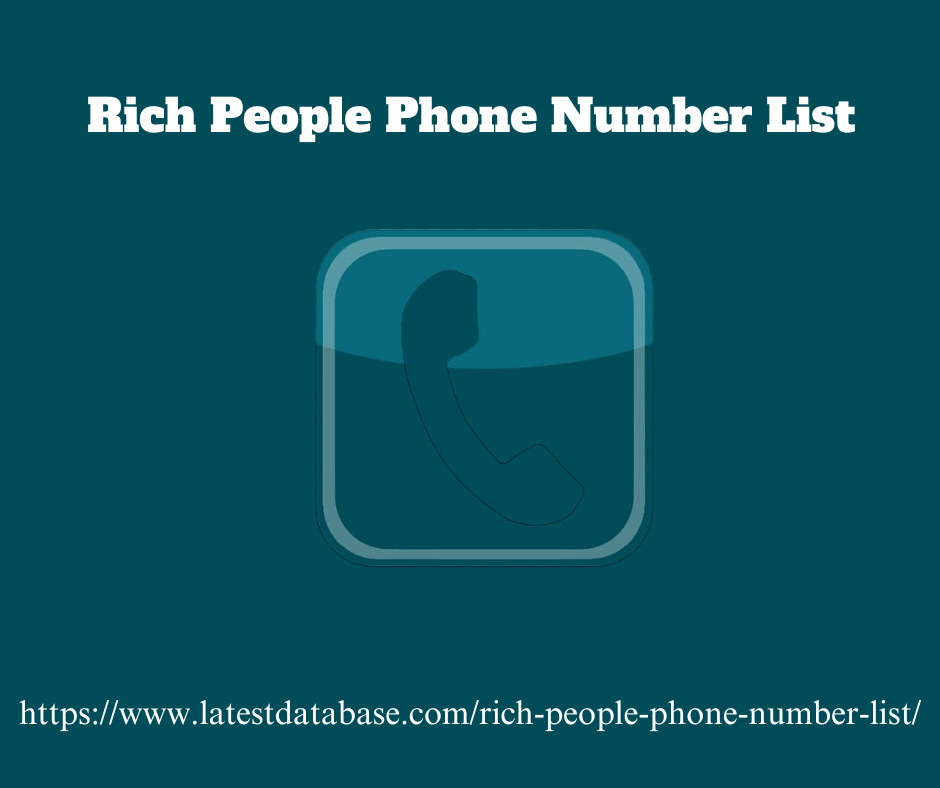|
|
Its main assumptions are: Your advertising must be understandable to every recipient including people who do not have medical education or knowledge in the field of health care. Remember that the restriction applies, among others: Using medical, scientific or specialist terms. Citing scientific research. Relying on literature or medical publications. Such advertising should therefore be understandable to a layman, i.e. to all nonprofessional users including patients, consumers, distributors, importers and typical Internet users who do not use and do not always know professional and medical nomenclature.
Additionally, you cannot suggest to potential consum Rich People Phone Number List ers that a specific medical device does not have any side effects and will protect them from a doctor's visit. You must also not include information that it is better than other drugs. The legislator explains this as a way to protect consumer rights and prevent activities that are aimed at misleading recipients of advertisements for medical devices. The Act introduces a ban on using the image of specialists and people associated with medicine. Doctors and people practicing medical professions, and even people whose appearance suggests belonging to this professional group, from January , , cannot appear in your advertisement. So what should you forget about when creating an advertising spot For example, a doctor in his office praising a medical product and its effectiveness, or a mother giving her yearold child a supplement to support expectoration.

The ban also applies to the promotion of products associated with fun and sweets lollipops or candies. Moreover, you cannot suggest to recipients that the use of the product has helped or cured people recognized by society as an authority or specialist including a doctor or nurse. An advertisement promoting a product purchased by a typical "Kowalski" user, which in clear language emphasizes the effectiveness of its supplementation, will be legal. The Act prohibits attributing properties and functions to products that they do not actually have. Therefore, advertisements that evoke false associations and impressions related to treatment and diagnosis will be considered illegal. When will advertising medical devices be legal The .
|
|